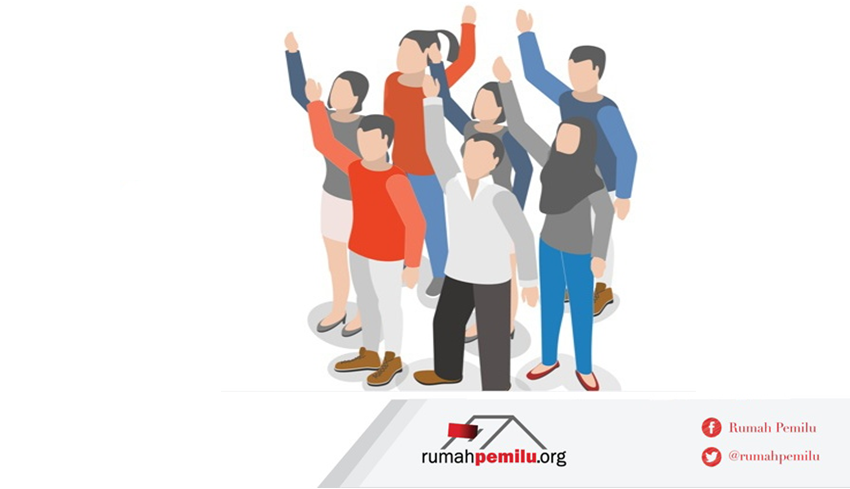The National Coordinator of the Voters Education for the People Network (JPPR), Masykuruddin Hafidz, says during a press conference regarding “Anticipation for Quiet Period and Voting Day Preparation” says that negative campaign during quier period might increase. According to past experience observing local elections, negative campaign tend to increase during quiet period.
“Real campaign happens during quiet period in many forms and mediums, especially on social media,” says Masykuruddin at the Election Monitoring Body (Bawaslu) Headquarter, Jakarta (0207).
Masykuruddin then specifies six forms of negative campaign or campaign violation in election process. First is hate speech or fake news on social media. According to Masykuruddin, election management bodies (EMBs) like Bawaslu cannot keep up with the spread rate of black campaign on social media that spread like a wildfire.
“Bawaslu cannot apprehend the source of fake news on social media. Fake news on social media spread very quickly,” says Masykuruddin.
Secondly, problems with voting logistics. Ideally, voting logistics should be distributed on time, in the right amount, and in good quality. Voting logistics should be distributed too early or too late. Any voting logistics that arrives too early at polling stations incur three potential problems: security, decrease of quality during storing, and might intervene with EMB’s independence.
“We need to guarantee that nobody will tamper with the voting logistics during storing. Election Committee should also keep the voting logistics in a safe place so they will not be damaged,” says Masykuruddin.
Thirdly, campaign attributes and displays that are still installed in public areas. To resolve this issue, Bawaslu may need to ask for citizen’s help to dismantle the attributes and displays during the quiet period.
“This is important for Bawaslu, because they will have to take the blame if campaign attributes and displays are not completely dismantled,” says Masykuruddin.
Fourthly, money politics. Money politics is rampant in electoral areas with highly competitive candidates. Masykuruddin says money politics today is getting more subtle and intricate. “Politicians today do not only give voters money or in-kind gifts. They also might give the voters phone credits or public facility like sport center or religious buildings.”
Fifth, many eligible voters might lose their voting rights because they have not received their electronic Resident Identification Card (e-KTP) from the government. EMBs and the Ministry of Home Affairs have to make sure that no one will lose their voting right because of this.
“This is the current biggest issue. The Ministry of Home Affairs should take the blame, because they are the root of this problem,” says Masykuruddin.
Sixth, non-transparent campaign financing. On February 12th 2017, every candidate must submit their Election Campaign Financial Statement (LPPDK) to the Election Commission (KPU). Any candidate who fail to submit this form will be disqualified from the election race.
“Candidate should also include third-party contribution to the LPPDK. Candidate must prepare a detailed financial statement. They need to prepare the LPPDK from now,” says Masykuruddin.
 Rumah Pemilu Indonesia Election Portal
Rumah Pemilu Indonesia Election Portal




